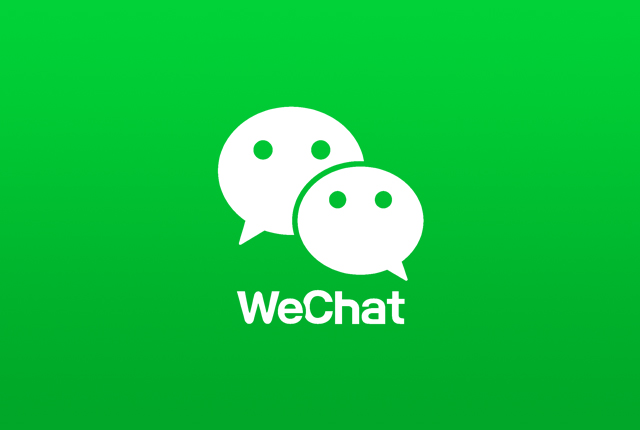

Jeffrey Ding, an American researcher at Oxford University who studies China’s AI strategy, also uses WeChat to keep in touch with family and friends as well as scholars.
#WECHAT OUT INTERNATIONAL CALL HOW TO#
It would definitely harm the US ability to make smart decisions about how to deal with China in the future.” “Losing access to that as a research community would be tragic. “If I lose access to the WeChat public accounts, I’m going to lose a lot of visibility into what Chinese policy makers are thinking and what policies they're introducing, and how they're explaining them and discussing them with one another in Chinese for a Chinese audience,” he says. Zoom, one of the few platforms still standing, is also on shaky territory with Chinese users cut off from direct sales of the service.īut even if there were another way to keep the conversations going, it would do nothing to save his access to WeChat’s public accounts, blogs that exist often exclusively in the WeChat ecosystem and serve as a crucial source of primary information. If he lost WeChat as well, recovering those lines of direct communication would be that much harder: email is unreliable, both because people in China rarely check their inboxes and because emails often mysteriously disappear while transmitting across borders. Losing access to that as a research community would be tragic. He’s already noticed how much the loss of face-to-face conversations have reduced his ability to probe people on sensitive issues, such as political ones. Since the pandemic, these channels have only grown more important in replacing in-person interactions.

He uses it to call up Chinese experts who work on issues he wants to understand and to keep in touch with colleagues. Graham Webster, a researcher at Stanford University who has been studying China for over a decade, uses WeChat heavily to understand what’s happening within the country. These now-tenuous connections are ultimately the foundation of the US-China relationship: they are what allow both countries to keep an open dialogue and grow commerce and collaborations. It would also impact businesses, journalists, and researchers who equally rely on the platform to do their work with people and entities in China. It wouldn’t just impact people like my father who’d lose their primary channel for staying close to family.

But at a human level, it would be the weakening or severing of hundreds of millions, maybe billions, of connections-a loss undeniable albeit difficult to quantify. At a geopolitical level, a ban on WeChat would be just the latest move in the Trump administration’s continued escalation of its feud with China. These 19 million users represent at least an order of magnitude more relationships: relationships with family and friends, with coworkers and sources. An estimated 19 million people in the US use WeChat daily, according to the analytics firm Apptopia.


 0 kommentar(er)
0 kommentar(er)
